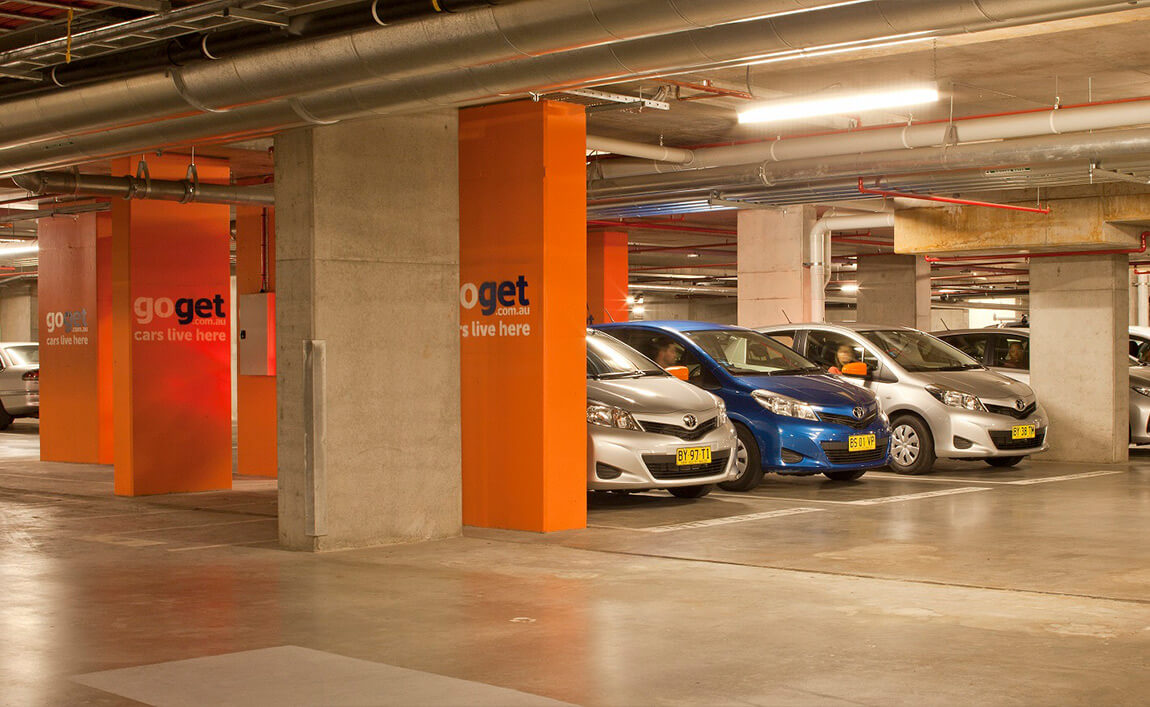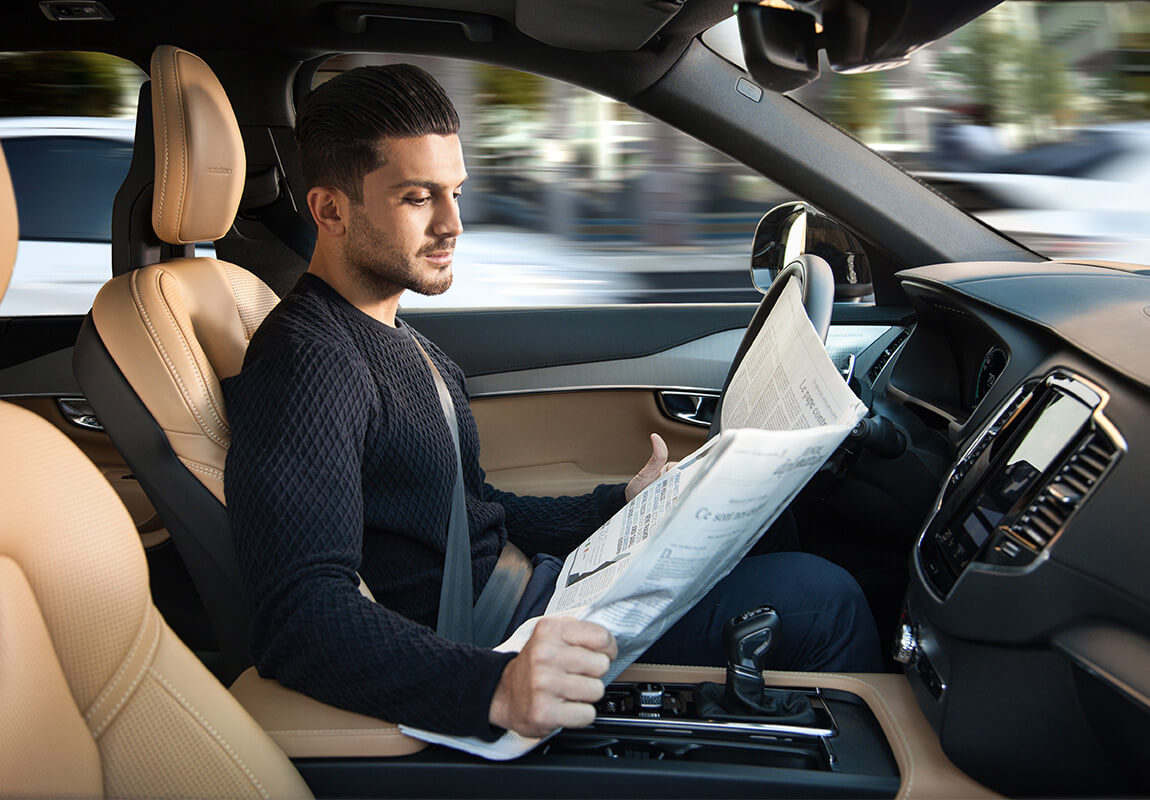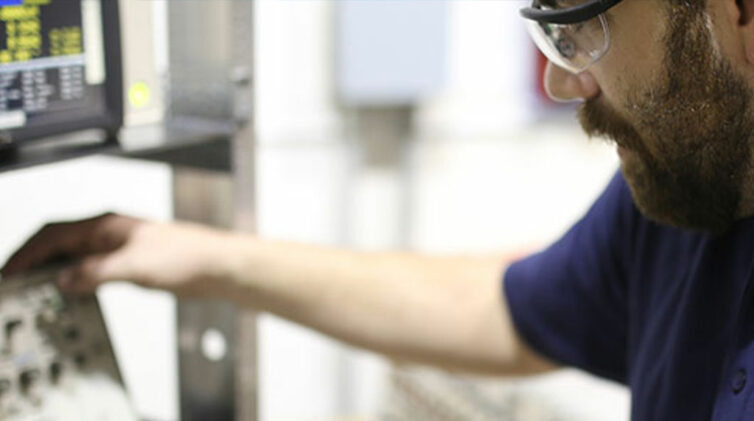
John Hoffecker
THE global automotive industry is set for major disruptive changes that affect everything from the type of vehicles we use, to how we buy cars and even how the industry will survive by embracing partnerships, said a report by US-based business advisory firm AlixPartners.
New-car sales are predicted to be affected by relatively small players such as ride-sharing businesses like Uber which are becoming the preferred form of casual transport for communities while delaying the necessity for youth to get a driver’s licence.
The rise of ride-sharing companies is starting to affect new-car sales, according to the AlixPartners report.
AlixPartners vice chairman, John Hoffecker, said there was a new automotive ecosystem developing “and I fear that many players really aren’t prepared for it”.
“The changes coming are the biggest since the internal-combustion engine pushed aside horses and buggies, yet what the exact changes will be are as unpredictable as trying to guess which app is going to be most popular on next year’s smartphones.
“Leading players will be those that both study hard and are fast on their feet.”
Its analysis of the changing automotive market predicts that new-car sales in the US will fall from 16.9 million this year to 15.2 million in 2019.
In addition, the growing number of leased cars entering the used-car market is expected to grow. In what AlixPartners terms a “used-car time bomb”, up to 500,000 more off-lease vehicle-returns will occur this year than in 2016. There was also 500,000 more of these off-lease cars entering the market in 2016 compared with 2015.
The introduction of these off-lease vehicles into the US market will depress used-car prices, with the report saying prices would fall twice the 13 per cent drop since 2014 and costing finance companies “up to $US5 billion”.
This would displace sales from new cars to cheaper used cars. New leases would be more expensive because they would be written with anticipated lower residual rates and tighter credit standards.

GoGet
Against that, the survey said there was a trend to leasing cars because automotive technology – particularly safety and infotainment – was moving so fast that today’s cars are becoming outdated within three years.
The AlixPartners survey and subsequent analysis said the industry – from car manufacturers through to suppliers and retailers – had to evolve their businesses and consider the impact of partnering approaches to “a new automotive ecosystem”.
AlixPartners’ co-head of automotive and industrial practice, Mark Wakefield, said the uncertainty of the developments indicates that the industry is being set up for disruption.
“Fast and savvy organisations that build their own agile ecosystems and create smart partnerships, but without locking themselves into technologies that may become quickly outdated, will be best positioned for the future and prosper from the coming industry changes rather than being rolled over by them,” Mr Wakefield said.

For the future, AlixPartners said:
Autonomous vehicles: There are more than 50 major companies working on autonomous vehicles (AV) or AV systems. With so much competition, it is predicted that the costs of AV systems could drop by 78 per cent by 2025.
Connectivity: The analysis points to the example of Tesla’s “high-spec” centre-stack display, featuring wireless upgrades from the company and iPad-like features.
Though this feature has been on the market since the 2012 model year, and has garnered very strong reviews from consumers, no other major automaker has moved to match the system.
Shared mobility: Consumers surveyed in the 10 trend-setting US markets said their awareness for virtually all major car-sharing brands – including Zipcar, Car2Go and Enterprise – has decreased and 21 per cent of respondents were unable to name any brands at all.
By contrast, the survey also asked users of ride-sharing – including Uber and Lyft – in those same 10 markets about their intended use in the next 12 months compared with their past usage and 24 per cent said their usage would increase.
Ride sharing was five times more likely to be a top-three transportation mode compared with car-sharing (11.6 per cent compared with 2.5 per cent), and three times more likely than taxis (11.6 compared with 4.2 per cent).
Just 17 per cent of car-sharing (GoGet, Car2Go, etc) users said they would increase car-sharing use in the coming 12 months.
Among millennials surveyed in the key markets, nine per cent said ride-sharing has allowed them to postpone or avoid getting a driver’s license.
It was also found that one vehicle used ride-sharing is likely displacing four personal vehicles. But both ride- and car-sharing vehicles are replacing vehicles driven less than 8000km a year and not typical commuting vehicles.
Electric Vehicles: China is investing heavily to take a leadership role in electric vehicles. The report said Chinese car-makers have 96 per cent of the 2016 market in China for full EVs (not including hybrids), more than double their share (43 per cent) for all types of light vehicles.

Of the 103 EVs expected to be launched globally by 2020, 49 of them will come from China-based car-makers.
The report also predicts that China will have two-thirds of the world’s manufacturing capacity for lithium-ion batteries by 2021, representing 175 GWh of power or the equivalent of five Tesla “giga-factories”.
But in the US, hybrid sales have slowed from 3.2 per cent of the market in 2013 to just 2.1 per cent so far in 2017. Plug-in and battery-electrics sales, while increasing, still represent only one per cent of the market.
AlixPartner said this tells the industry of the need for maximum flexibility in both organisations and partnerships “to handle the expected, but bumpy, shift to the new automotive ecosystem that’s coming”.
Private-equity partners: The AlixPartners study finds that private-equity firms have switched “in droves” from being buyers to sellers.
Most sales have been made back to what the study calls “strategics” (companies in the automotive industry already), as private-equity-to-strategics deals skyrocketed from six per cent of total transaction values in 2013 to 84 per cent in 2016.
By Neil Dowling













 Read More: Related articles
Read More: Related articles

